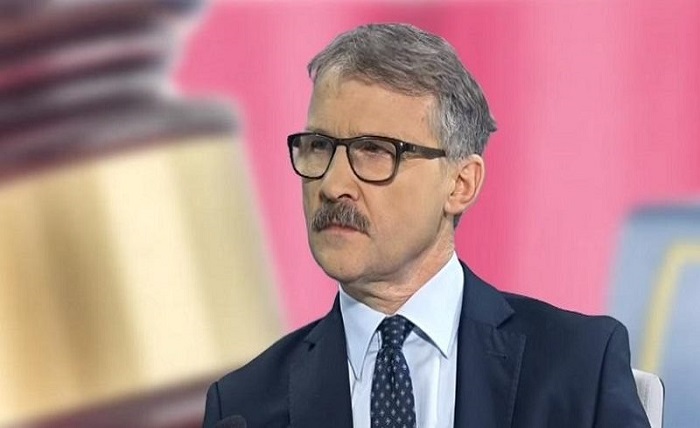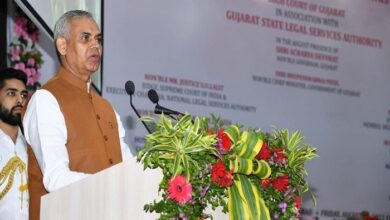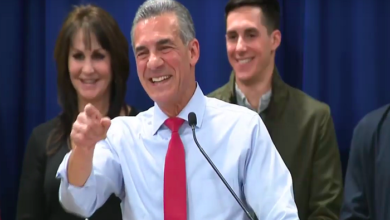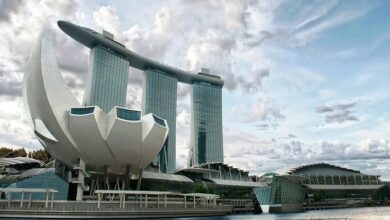Understanding the Role of Wpolityce in Polish Politics: A Comprehensive Analysis”

In the complex world of Polish politics, the term “wpolityce” holds a special place. It’s a word that encompasses a wide range of political activities, discussions, and decisions in the country. In this comprehensive blog post, we will explore the role of “wpolityce” in Polish politics. We will delve into its historical context, its impact on the political landscape, and its current relevance. Join us on this journey as we uncover the intricacies of this pivotal term.
Historical Origins of Wpolityce
To truly understand the significance of “wpolityce” in Polish politics, we must first explore its historical origins. The term itself is derived from the Polish language, where “w” means “in” and “polityce” means “politics.” Therefore, “wpolityce” quite literally translates to “in politics.”
Poland has a long and complex history of political turmoil and transformation. The use of “wpolityce” can be traced back to the early days of the Polish state, where it was employed to describe the activities and discussions that took place within the realm of governance. As the nation evolved, so did the role of “wpolityce” in shaping the political landscape.
Evolution of Wpolityce in Polish Politics
As Poland transitioned from monarchy to democracy, the role of “wpolityce” underwent significant changes. During the era of partition and foreign rule in the 18th and 19th centuries, “wpolityce” became a symbol of resistance and advocacy for Polish independence. It was a term used by political activists, intellectuals, and freedom fighters to discuss strategies and plans to regain sovereignty.
In the 20th century, especially during the communist era, “wpolityce” took on a more clandestine and subversive role. Underground political movements used this term to communicate secretly and organize opposition against the oppressive regime. It became a whispered code word that embodied the struggle for freedom.
Impact of Wpolityce on Modern Polish Politics
In contemporary Polish politics, “wpolityce” remains a critical concept. It encompasses not only formal political institutions but also the broader political discourse and public engagement. The term represents the vibrant discussions, debates, and decisions that shape the country’s direction.
Political parties, media outlets, and civil society organizations actively participate in “wpolityce.” It is the arena where policies are crafted, political ideologies clash, and electoral campaigns unfold. The term has become synonymous with the dynamic nature of Polish democracy.
Role of Wpolityce in Shaping Public Opinion
One of the most significant aspects of “wpolityce” is its influence on public opinion. In the age of digital media and social networks, discussions and debates in “wpolityce” have a direct impact on how individuals perceive political issues. It serves as a platform for citizens to voice their concerns, share their views, and engage in political activism.
Politicians and parties leverage “wpolityce” to connect with voters and gain support. They use various strategies, including social media campaigns and televised debates, to shape the narrative and influence public opinion. “Wpolityce” has become a battleground where ideas, ideologies, and policies are fought over, ultimately shaping the political landscape.
The Intersection of Wpolityce and International Relations
Poland’s engagement in international affairs is also closely tied to “wpolityce.” The term extends beyond domestic politics and encompasses the country’s role on the global stage. Poland’s foreign policy decisions, diplomatic relations, and participation in international organizations are all part of its “wpolityce.”
For instance, Poland’s stance on issues such as European integration, NATO membership, and global security is a subject of intense debate within “wpolityce.” It reflects the diverse perspectives and interests of the Polish people and their elected representatives.
Challenges and Controversies Within Wpolityce
Despite its importance, “wpolityce” is not without challenges and controversies. One of the recurring issues is the polarization of political discourse. In recent years, Polish politics has become increasingly polarized, with deep divisions along ideological lines. This polarization often hinders constructive dialogue and compromises, making it difficult to address critical issues facing the nation.
Moreover, concerns about media freedom and independence have emerged in the context of “wpolityce.” Some argue that certain media outlets are controlled or influenced by political interests, which can bias the information and narratives presented to the public. This has raised questions about the integrity and objectivity of the political discourse in Poland.
Current Relevance of Wpolityce
As we navigate the 21st century, “wpolityce” continues to play a central role in shaping the destiny of Poland. The country faces various challenges, including economic development, environmental sustainability, and social cohesion, all of which are discussed and debated within “wpolityce.”
Furthermore, Poland’s position within the European Union and its interactions with neighboring countries are hot topics in contemporary “wpolityce.” The decisions made within this sphere have far-reaching implications for the nation’s future.
Conclusion:
In conclusion, “wpolityce” is more than just a term; it’s the heartbeat of Polish politics. It has evolved over centuries, adapting to the changing political landscape while remaining a symbol of resilience and determination. From its historical origins to its impact on modern politics, “wpolityce” has left an indelible mark on the nation.
As Poland continues to navigate the complex challenges of the 21st century, “wpolityce” will remain a central arena for dialogue, debate, and decision-making. It is where the voices of the people are heard, and the future of the nation is shaped.
So, the next time you hear the term “wpolityce” in a conversation about Polish politics, remember its rich history and the pivotal role it plays in the ongoing story of Poland’s political evolution. “Wpolityce” is not just a word; it’s the essence of Polish democracy.





